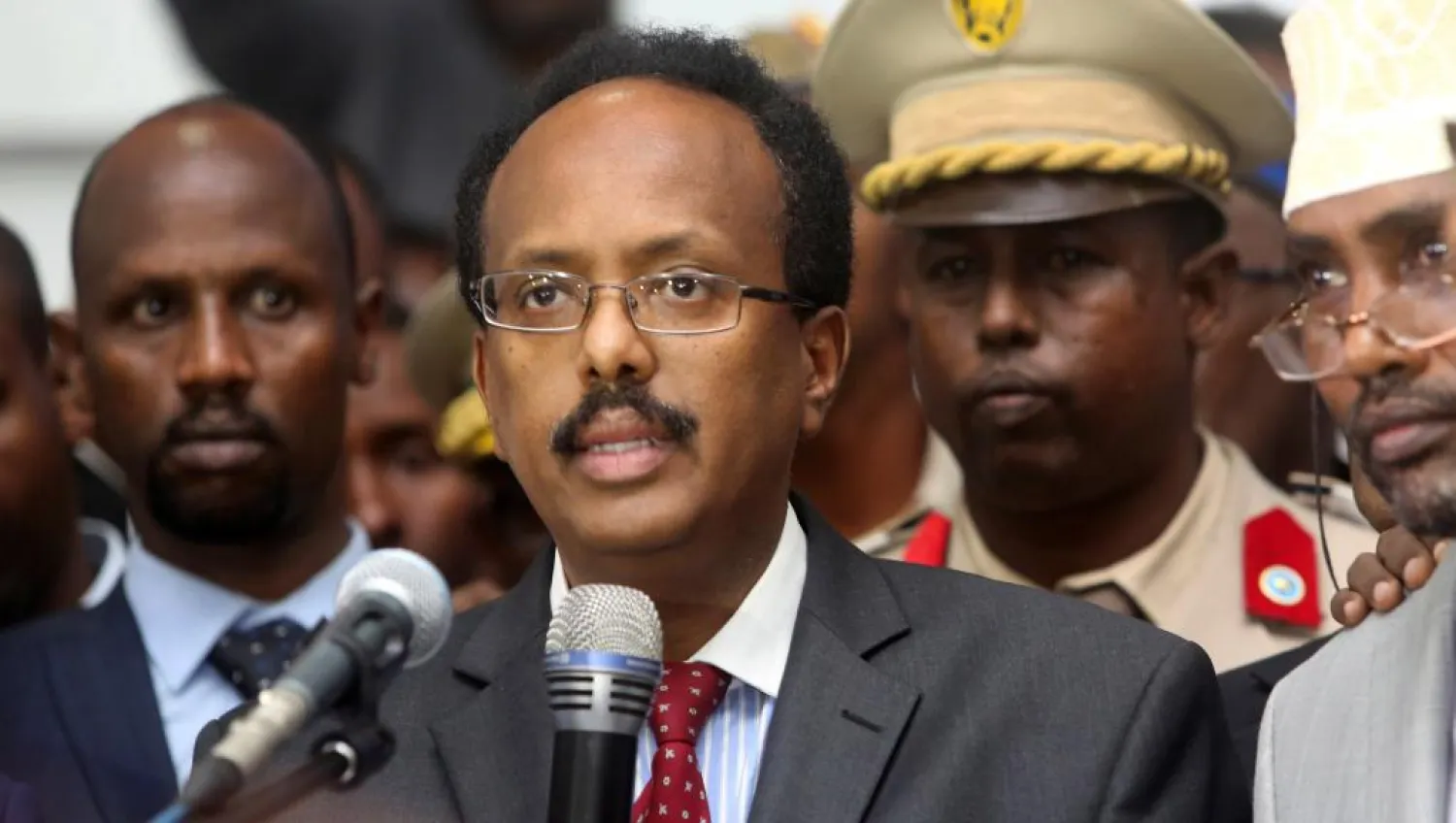For the first time in almost half a century, Somali authorities announced on Monday that they were permitting the formation of political parties.
Meanwhile, international and regional partners pledged at a conference held in the Somali capital Mogadishu to support the current government of President Mohamed Abdullahi Mohamed, also known as Farmajo.
The vow is to help Somalia meet security, military and economic challenges.
In a move that would replace the current clan-based power-sharing system, seven parties have been accredited by the National Independent Electoral Commission (NIEC).
"We have to come up with political parties that will compete in the elections that will take place in the country in order to move away from the system of 4.5 to one person one vote," NIEC chair Halima Ismail Ibrahim said.
"We have succeeded in this process and today we temporarily registered seven political parties," she added.
Later, Farmajo officially opened a high-level meeting on security in Somalia’s capital Mogadishu.
Leaders of the Federal member states, the African Union, United Nations, European Union, and other international partners attended the meeting aimed at following up on the London Conference on Somalia, held earlier in May this year.
Special Representative of the Chairperson of the AU Commission (SRCC) for Somalia, Ambassador Francisco Madeira co-chaired the meeting with Farmajo.
Madeira said the meeting reviewed developments, especially in the political and security fields, and welcomed the doubling of the security operations of the African Union peacekeeping forces AMISOM to eliminate Al-Shabaab extremists.
The implementation of the National Security Architecture plan and the mechanisms of handing over security responsibility from AMISOM to the Somali National Army forces, starting next year was high on the agenda at talks.
But Madeira spoke in turn of the need to obtain approval from the UN Security Council to give greater powers to expand the scope of AMISOM operations to crack down on Al-Shabaab terrorists.
He added that AMISOM forces are currently securing vital premises and providing military advice to Somali army forces in preparation for assuming security functions.









